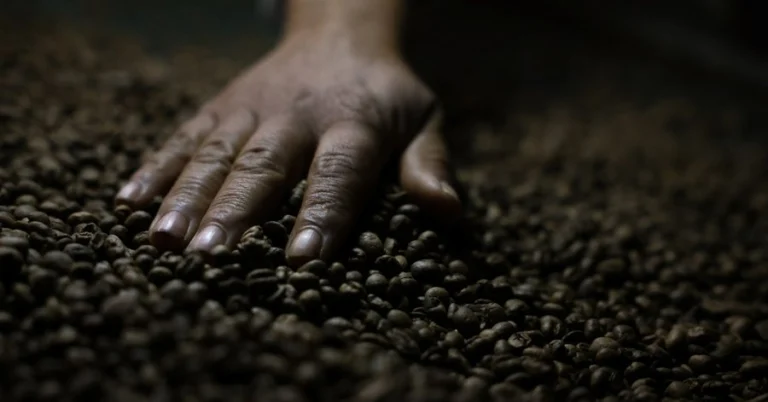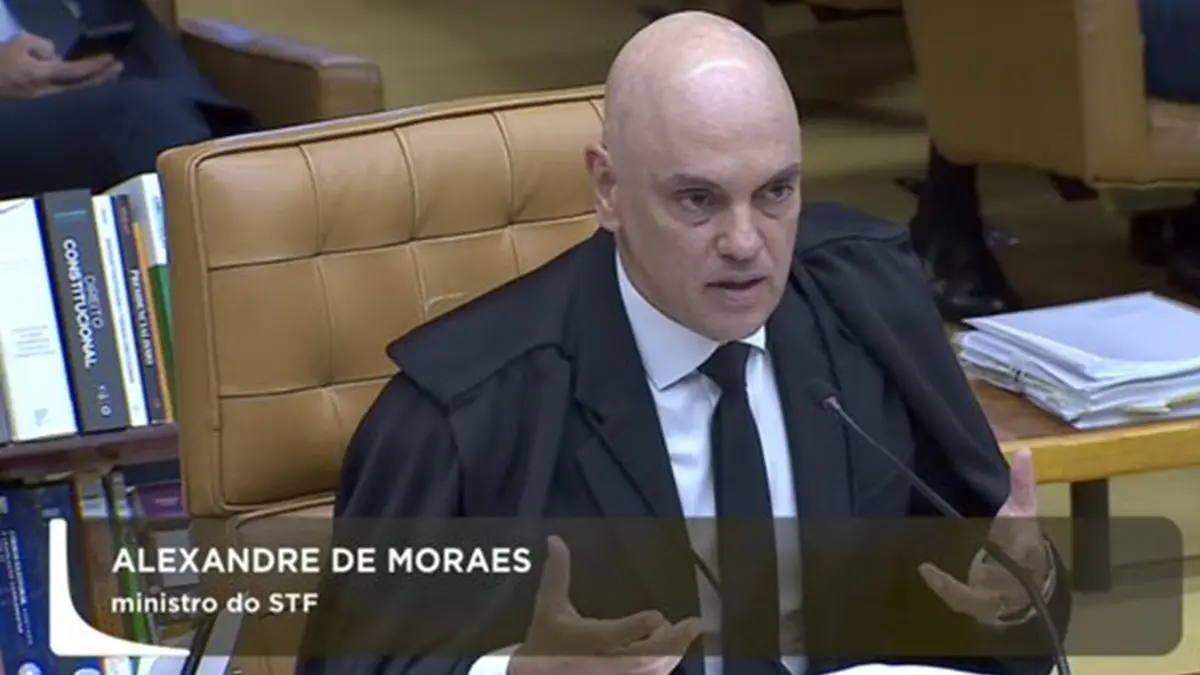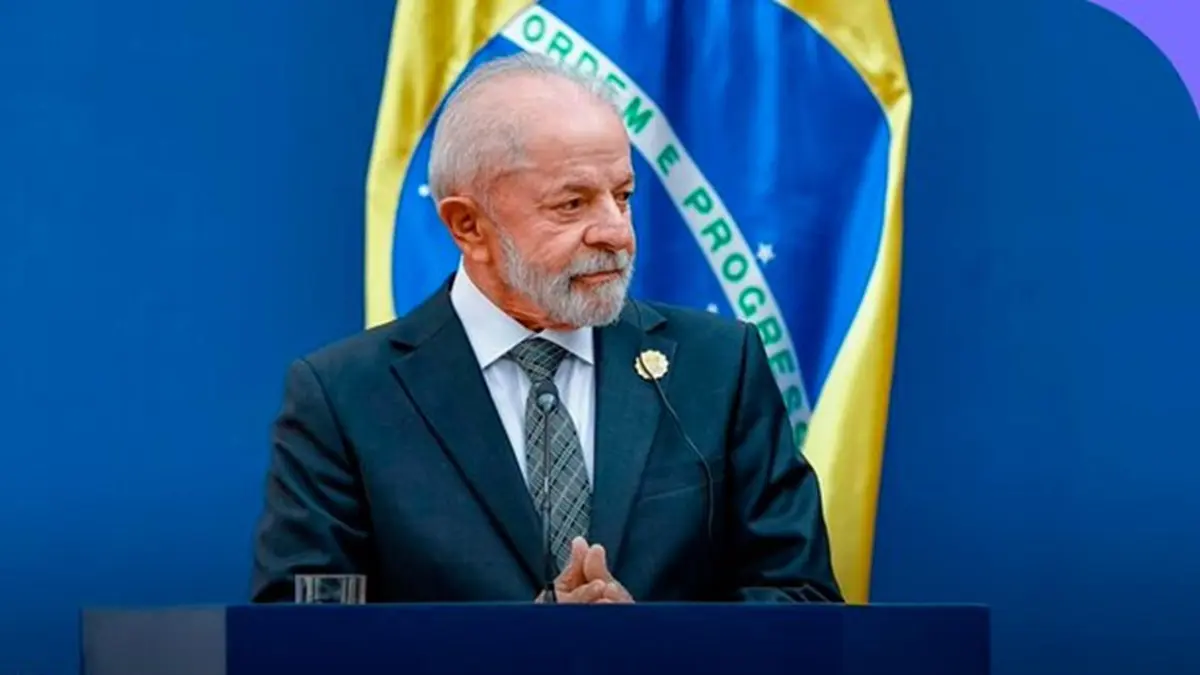China Opens Market to Brazilian Coffee Exporters as U.S. Raises Tariffs
China opens its market to over 180 Brazilian coffee exporters, just as new U.S. tariffs force Brazil’s producers to reconsider their global trade strategies.

China’s authorization of 183 Brazilian exporters comes as U.S. tariffs threaten Brazil’s main coffee market. Photo: @staunovo
August 4, 2025 Hour: 2:23 am
China has authorized 183 Brazilian coffee companies to begin exporting to its market, offering a potential lifeline to Brazil’s coffee sector just as the United States imposes new import tariffs.
RELATED:
Trump’s Tariff Threat Against Brazil Strengthens Legal Case Against Emergency Trade Powers
On July 30, the Chinese Embassy in Brazil announced the approval of 183 Brazilian coffee exporters to access the Chinese market. The measure, effective for five years, coincides with a significant policy shift by the United States, which on the same day finalized an executive order imposing a 50% import tariff on Brazilian coffee.
The U.S. is currently the largest buyer of Brazilian coffee, accounting for 23% of exports in 2024—primarily Arabica beans used by the domestic roasting industry. In the first half of 2025 alone, the U.S. imported 3.3 million sixty-kilogram sacks, according to the Brazilian Coffee Exporters Council (Cecafé). Coffee was not included among the roughly 700 Brazilian products granted exemptions from the new U.S. tariffs, which cover sectors such as citrus, fuels, minerals, fertilizers, and civilian aircraft.
In contrast, China remains a smaller but growing destination. Between January and June 2025, Brazil exported 529,709 sacks of coffee to China—around six times less than to the United States. Still, Chinese demand is rising. From 2020 to 2024, net coffee imports into China increased by 13,080 tonnes. Per capita consumption remains low, at just 16 cups per year compared to the global average of 240, but observers see room for expansion. “The coffee has been gradually gaining ground in the daily life of Chinese people,” the embassy noted.
The Brazilian Ministry of Agriculture and Cecafé have not yet issued formal comments on the new Chinese authorization. However, following the U.S. tariff announcement, Cecafé confirmed it would continue pushing for coffee to be added to the exemption list.
Analysts at the Center for Advanced Studies on Applied Economics (Cepea), based at the University of São Paulo, warn that Brazilian producers may need to quickly pivot toward alternative markets to avoid disruptions in the production chain. They highlight the need for logistical flexibility and strategic planning to mitigate potential losses.
Author: MK
Source: Tucuman Hoy En Dia






